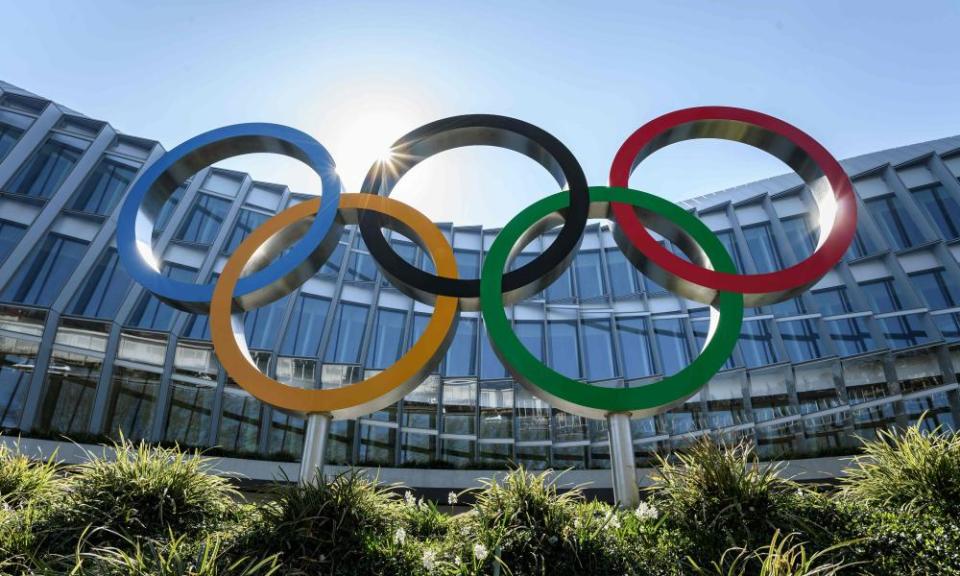IOC admits guidelines for transgender athletes are not fit for purpose

The International Olympic Committee has admitted that its current guidelines for transgender athletes are not fit for purpose – and says it plans to release a new one within the next two months.
In a notable shift, the IOC’s medical and science director, Dr Richard Budgett, said the science had moved on – and stressed that a new framework for sports would also focus on safety as well as fairness. However he made clear that inclusion remained important, and it would be up to each sport to find the “sweet spot” between safety, fairness and inclusion.
Related: Tokyo 2020 Olympics: athletics blasts off, Djokovic beaten and more – live!
The IOC’s announcement comes as transgender weightlifter Laurel Hubbard prepares to make history on Monday when she becomes the first openly trans women to compete at an Olympic Games in the women’s super-heavyweight category. Hubbard qualifies having met international weightlifting rules following the IOC’s 2015 guidelines, which allow her to compete without surgery provided she takes medication to lower her testosterone to below 10 nmol/l for 12 months.
However, Budgett accepted that those guidelines were no longer backed by science. “I absolutely accept that, things move on,” he said. “At the time the 10 nanomoles per litre was set because we thought that was the lower level for men. We know now that they go down to seven and women can be higher as well. Agreeing on another number is almost impossible and possibly irrelevant. You can debate that endlessly.”
Instead, Budgett said that the IOC would put in a framework for individual sports federations to make their own decisions. However he stressed there was no “one size fits all” for sports.
“There is some research, but it depends on whether you are coming from the view of inclusion as the first priority or absolute fairness to the nth degree being the priority,” he said.
“If you don’t want to take any risks at all that anyone might have an advantage, then you just stop everybody. If you are prepared to extrapolate from the evidence there is, and consider the fact the have been no openly transgender women at the top level until now, I think the threat to women’s sport has probably been overstated.”
Budgett also indicated that he accepted it was fair for World Rugby to ban trans athletes at elite level because of the safety dangers, while allowing national federations allowing transgender players to compete at club level.
“It may be the right thing to do in many sports, because it is at the most elite level in their case that they are concerned about safety. As you come down from that level you can start to prioritise inclusion more than safety. You can understand it. I think there is a legal element to this as well, they have really prioritised safety.”
When asked about the potential threat to women’s sport, Budgett said: “We have spent 100 years promoting women’s sport,” he said. “I think it is up to the whole international sports movement and particularly the international federations to make sure they do protect women’s sport.”
But he added: “The other important thing to remember is that trans women are women. You have got to include all women if you possibly can.”

 Yahoo Finance
Yahoo Finance 